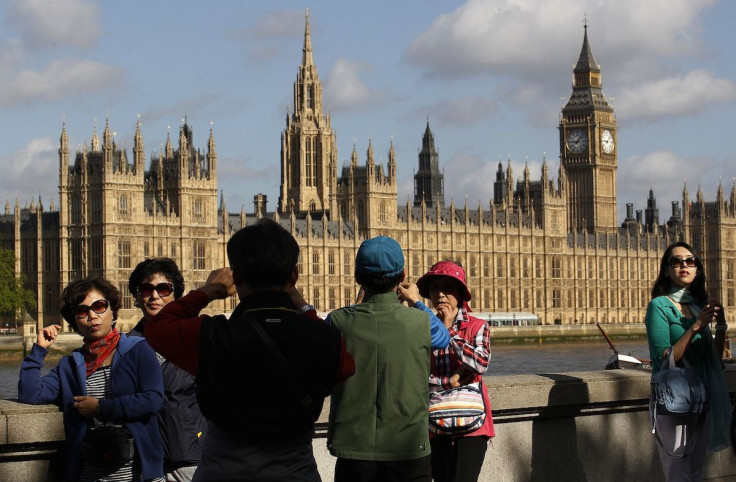VisitBritain’s Advice On How To Avoid Offending Foreigners Backfires

VisitBritain has come under fire this week for using some of its £30 million in government funding to create a list of dos and don’ts for UK hoteliers that some critics say harmfully stereotypes the very tourists the organization is charged with attracting.
British media have likened the gaffe to a famous 1975 episode of the BBC comedy, “Fawlty Towers,” in which hotelier Basil Fawlty (played by John Cleese) makes repeated references to World War II in front of his German guests.
VisitBritain, meanwhile, brands Germans as curt and demanding, while it claims tourists from Hong Kong harbor fears of “ghostly encounters.” From not smiling or making eye contact with the French to dealing with indecisive Indians, the list (published within the tourism board’s latest market research) is meant to serve as a guide on how not to offend foreign guests. But many argue it has already done just that.
News of the dos and don’ts made headlines in several Commonwealth nations Monday, where citizens are quick to relish any British faux pas. A banner in the Sydney Morning Herald read, “Australians blunt, sarcastic and make ‘pom’ jokes: UK tourism advise,” while the Indian Express proclaimed, “UK hoteliers warned Indian tourists ‘amiable but indecisive.’”
Some of VisitBritain’s advice is rather banal. Canadians, for instance, will be offended if they are described as “Americans.” Other tips are blindingly obvious: Do not poke fun at Indian accents. Yet, in generalizing what it feels is acceptable in cross-cultural conversations, VisitBritain has drummed up its own cross-cultural quarrel.
Joss Croft, marketing director at VisitBritain, defended the list in the Daily Mail, saying the organization’s market intelligence reports “provide an unrivaled source of information on inbound tourism, allowing British businesses to gain an invaluable insight on key markets globally.”
That “invaluable insight” includes the following:
Indians: Do understand that they are amiable, but have a tendency to change their minds quite frequently.
Russians: Do ensure that visitors from this “tall nation” are housed in rooms with high ceilings and doorways.
Australians: Do realize that they are being endearing when they make jokes about “Poms” (the English).
Germans/Austrians: Do deal promptly with any complaint from these tourists, who can be “straightforward and demanding” to the point of “seeming rude and aggressive.”
Japanese: Do anticipate the needs of these visitors, even if they haven’t told you what they are. Don’t say “no” in a direct way; instead think of a “nicer alternative.”
Hong Kongers: Don’t ask these superstitious people to sleep in a historic property or a four-poster bed because they associate them with ghostly encounters.
French: Don’t exchange a smile or make eye contact with anyone from France who you do not know.
Canadians: Don’t describe a visitor from Canada as “American.”
Belgians: Don’t try to talk to these visitors about their country’s politics or language divisions.
VisitBritain is not the only tourism board to offer advice on the supposed quirks of various nationalities in recent months. France launched an etiquette campaign in June in an attempt to make the capital city more tourist-friendly. A handbook associated with the campaign entitled “Do You Speak Touriste?” informed Parisians that Brazilians are very touchy, Japanese are nervous and Spaniards are often in search of freebies.
China, too, issued a guidebook on “civilized travel abroad” in October that enlightened citizens about potential cross-cultural faux pas. It urged Chinese citizens, for example, not to ask Brits whether they’ve eaten, not to bring yellow flowers to a French person’s home and not to comment on an Iranian baby’s eyes.
With more than 1 billion tourists traversing the globe each year -- particularly from the developing world -- one can surmise that this type of stereotyping is far from over. The question remains, however, whether it’s indeed a helpful tool or a harmful practice.
© Copyright IBTimes 2024. All rights reserved.






















